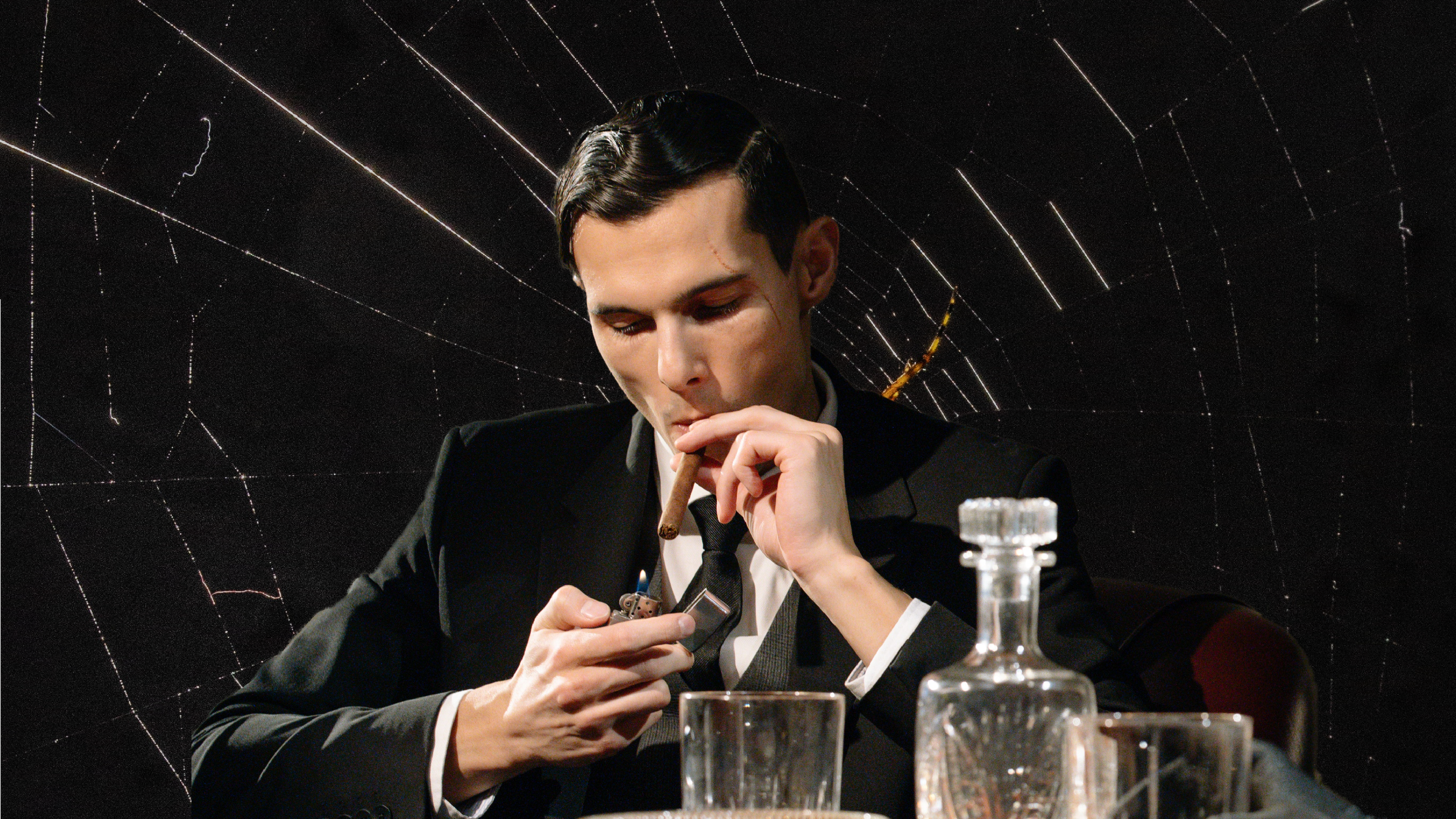#CofounderPrenups and why they matter: The Friend
Last updated: 5 August 2024. Tom* and James had been in the same circle for years so starting a business together was a no-brainer. They set out...
Manage your equity and shareholders
Share schemes & options
Equity management
Migrate to Vestd
Company valuations
Fundraising
Launch funds, evalute deals & invest
Special Purpose Vehicles (SPV)
Manage your portfolio
Model future scenarios
Powerful tools and five-star support
Employee share schemes
Predictable pricing and no hidden charges
For startups
For scaleups & SMEs
For larger companies
Ideas, insight and tools to help you grow

Last updated: 6 August 2024.
Everything he touched had turned to gold in the first dot.com boom. And on account of his unbroken winning streak, Mark’s* defences were down when he was approached by a super successful but mysterious would-be co-founder.
*Identifying details have been changed to protect the (very) guilty.
Mark’s record of creating (super) successful startups meant that he was in the right circles to bump into other like-minded entrepreneurs. So it wasn’t unusual when he was propositioned by a man with a plan in the pub.
The Stranger had retired in his early thirties after making tens of millions and had designs on filling a gap in the fintech space. To fulfil his plan, he’d need a co-founder with Mark’s skillset.
Luckily, it was the right time and place for Mark who was on the hunt for his next project.
“It was one of those conversations. It went really well.”
Excited by the confidence and wealth of The Stranger, Mark wanted to know more. “People love talking you into stuff without paying you” he said, “… but this one… there was something about it I kind of liked… we carried on the conversation and made a date for a light lunch to discuss things further.”
Carried away with the momentum of the project, nobody broached the thorny subject of co-founder prenups.
Before long, Mark had hired a CTO and built software to The Stranger’s specifications. However, he remembers that even from this early juncture, that he’d, “started to notice things about this guy - for one thing, he told me how he bankrupted one of his friends and that’s how he’d made his millions.”
“I just kind of brushed it under the carpet.”
“I think at that time, a part of me thought, well, there's a lot of bravado here. I'm sure he's exaggerating and stuff, but yeah, telling that story back now, I think, wow, that guy's a problem.”
“I should have been a bit more honest and trusted my instincts and thought about what was coming next, because that was the thin edge of a very big wedge with that guy.”
Eventually, Mark’s new co-founder started showing less interest in the business, reportedly seeing it as just “a plaything”, whereas Mark was invested to the hilt.
There were, unsurprisingly, arguments around money. Despite commercial success, The Stranger insisted that he and Mark refrain from drawing a salary from the company. Mark remembers that he had no “financial gain from this thing that was taking up all of my time.”
“I think he was using that as a tool to kind of push me out. He didn't want me there. And it just became a bigger and bigger thing.”
Despite Mark being the main investor into the business as well as the chief architect of all company softwares and collateral, there were, as he says, “no what ifs” built into the shares of the business.
In the buzz of starting a “can’t lose” business, no prenup had been established, meaning that The Stranger was poised to take half of the business, despite his lack of contribution to the startup’s success.
And there was worse to come.
“He actually tried to follow a process of firing me from the business”, Mark said, recounting one of the lowest blows.
Beaten down, Mark began suffering from depression and needed an immediate release from the business. He came to a settlement with his former co-founder to enable him to move on as quickly as possible.
Given his mental and financial state by this point, he believes that The Stranger even shorted him here, taking advantage of Mark’s inability to continue.
If company shares were linked to achievements or time/money spent on the business, then Mark would’ve been in a watertight position to offload his co-founder.
Equally, given that Mark was putting all of his time and effort into the business, this would’ve been reflected in what he was legally entitled to take from the startup.
Linking shares to milestones in this way protects hard workers and ultimately, protects decent founders from bad and mysterious actors, like The Stranger.
Embarking on a new business venture? Don't make the same mistakes as Mark, book a free, no-obligation chat with us and we'll help you sort your co-founder prenup.

Last updated: 5 August 2024. Tom* and James had been in the same circle for years so starting a business together was a no-brainer. They set out...

Last updated: 6 August 2024. Inspired by an unmemorable dog-sitting van (!), Words.tel offers companies a fresh way to stand out from the crowd....

Last updated: 6 August 2024. Based in Brighton, Second Voice Pro builds startup sales teams for early-stage businesses. In addition to providing...